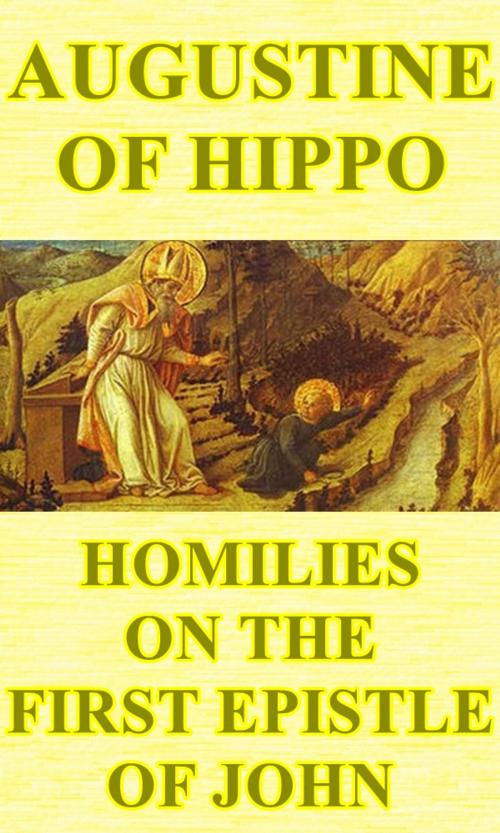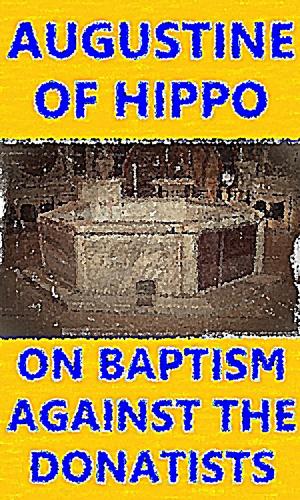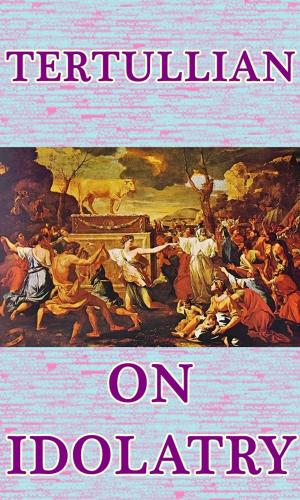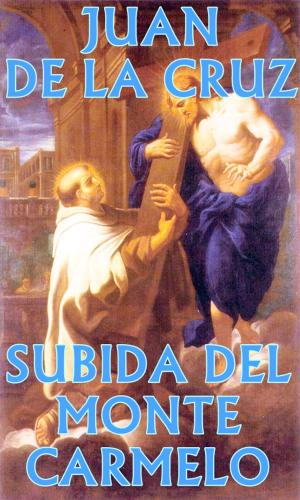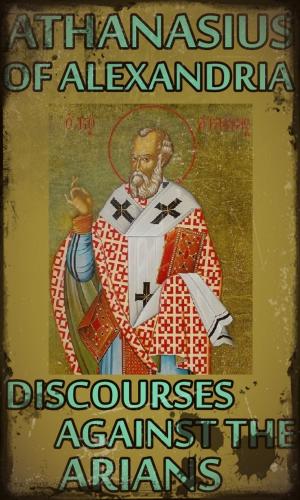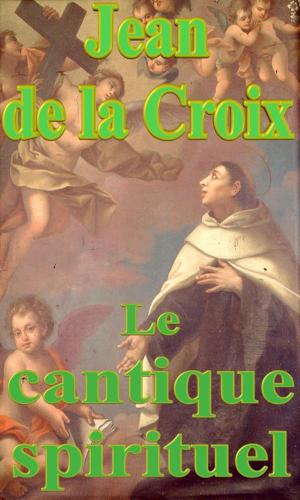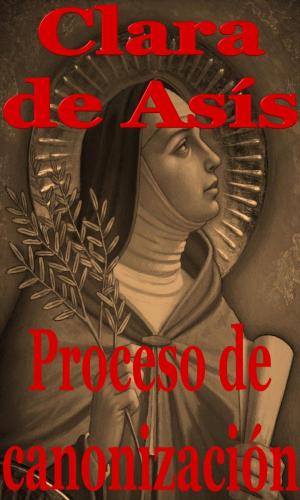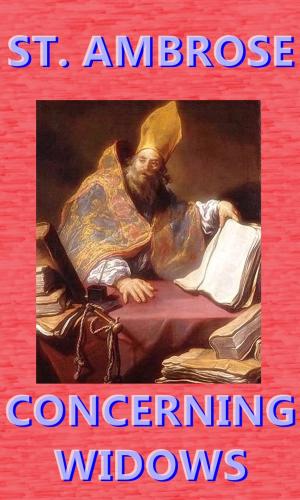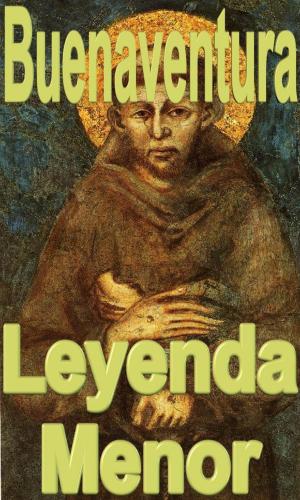Homilies on the First Epistle of John
Nonfiction, Religion & Spirituality, Bible & Bible Studies, Meditations, New Testament, Commentaries| Author: | Augustine of Hippo | ISBN: | 9781783362035 |
| Publisher: | limovia.net | Publication: | April 21, 2013 |
| Imprint: | Language: | English |
| Author: | Augustine of Hippo |
| ISBN: | 9781783362035 |
| Publisher: | limovia.net |
| Publication: | April 21, 2013 |
| Imprint: | |
| Language: | English |
The First Epistle of John has as its central theme what Augustine saw to be caritas (Christian love).
For Augustine to preach on this topic was timely in Hippo, for the Donatist schism had divided the Christian community. In his ten homilies on the First Epistle of John, Augustine develops an outline of his theology on love and explains its implications for the Mystical Body of Christ. He probably preached them between the years 407 and 409.
He teaches that those who hate the members of Christ cannot truly love Christ - even if they profess otherwise, even if they were to lay down their lives for Him. These homilies were preached by Augustine to his local community in Hippo and, while often exhibiting great critical acumen, were not intended as models of Scriptural research. They are familiar talks, vivid in style. They are expressed in very simple language, and with the strongest love. In preaching these words to his local community in the cathedral at Hippo, Augustine here once again reveals himself as the zealous pastor of souls.
His words seem to radiate the very love about which he speaks, so that few of his listeners could accuse him of preaching what he himself did not practice. It is here that appears the famous and apparently audacious exhortation of Augustine, "Love God, and [then] do what you will."
If a person truly loves God and His Will, then doing what you will, will, in fact, be doing what God wills. This thought is both liberating and confining: liberating because it means we are free to do whatever we want, and confining because it means our love for God sets the boundaries of that freedom. The love to which Augustine is referring of is the perfect love, the love of God. Hence he does not need to qualify his statement.
But if other less perfect loves are considered, then it is necessary to say: Love that which is better more than that which is less good. Then you can not go wrong.
The First Epistle of John has as its central theme what Augustine saw to be caritas (Christian love).
For Augustine to preach on this topic was timely in Hippo, for the Donatist schism had divided the Christian community. In his ten homilies on the First Epistle of John, Augustine develops an outline of his theology on love and explains its implications for the Mystical Body of Christ. He probably preached them between the years 407 and 409.
He teaches that those who hate the members of Christ cannot truly love Christ - even if they profess otherwise, even if they were to lay down their lives for Him. These homilies were preached by Augustine to his local community in Hippo and, while often exhibiting great critical acumen, were not intended as models of Scriptural research. They are familiar talks, vivid in style. They are expressed in very simple language, and with the strongest love. In preaching these words to his local community in the cathedral at Hippo, Augustine here once again reveals himself as the zealous pastor of souls.
His words seem to radiate the very love about which he speaks, so that few of his listeners could accuse him of preaching what he himself did not practice. It is here that appears the famous and apparently audacious exhortation of Augustine, "Love God, and [then] do what you will."
If a person truly loves God and His Will, then doing what you will, will, in fact, be doing what God wills. This thought is both liberating and confining: liberating because it means we are free to do whatever we want, and confining because it means our love for God sets the boundaries of that freedom. The love to which Augustine is referring of is the perfect love, the love of God. Hence he does not need to qualify his statement.
But if other less perfect loves are considered, then it is necessary to say: Love that which is better more than that which is less good. Then you can not go wrong.
